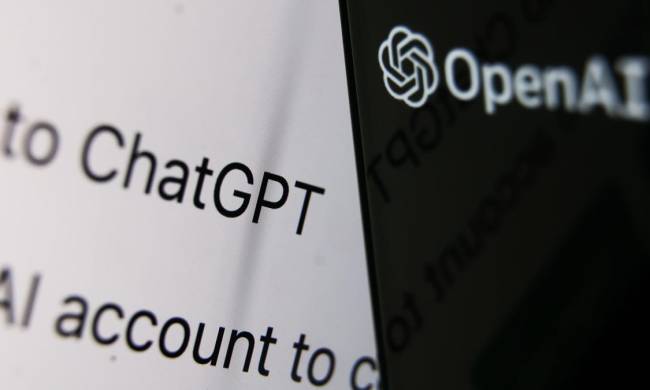While some countries are rushing to take advantage of ChatGPT and similar artificial intelligence (AI) tools, other countries are leaning hard on regulation, and others still have outright banned its use. While the efficacy of such bans may come into question, here are some of the countries that have already brought the ban hammer down on ChatGPT.

What countries have banned ChatGPT?
At the time of writing, there are seven countries where ChatGPT is effectively banned by their respective governments and ruling parties. The list includes:
- Russia
- China
- North Korea
- Cuba
- Iran
- Syria
- Italy
Some of these countries banned the application based on privacy concerns, while others, particularly North Korea, China, and Russia, claimed that the U.S. would use ChatGPT to spread misinformation.
In which countries has ChatGPT been banned by Open AI?
Alongside country-wide bans, ChatGPT developer OpenAI has also blocked ChatGPT from being used in certain countries. At the time of writing, that list includes:
- Russia
- China
- North Korea
- Cuba
- Iran
- Syria
- Italy
OpenAI also previously banned Ukraine from using ChatGPT due to its inability to specifically block Crimea, which is currently under Russian occupation. However, that ban has since been lifted and Ukraine can now access ChatGPT.
OpenAI maintains a list of countries that can use its API, which you can find here. However, that list is not exhaustive, so through omission, blocks, or bans, the following countries also cannot use ChatGPT:
- Afghanistan
- Bhutan
- Central African Republic
- Chad
- Eritrea
- Eswatini
- Iran
- Libya
- South Sudan
- Sudan
- Syria
- Yemen
Why is ChatGPT banned in Italy?
Italy was the first Western and European country to ban ChatGPT, raising questions about whether further bans would be implemented by other Western countries. It was banned after the country’s data protection watchdog called on OpenAI to stop processing Italian residents’ data, claiming that ChatGPT did not comply with the European General Data Protection Regulation (GDPR).
The ban may be temporary, however, with Italian regulators claiming that were OpenAI to bring ChatGPT back in line with GDPR, then it would rescind the ban.



